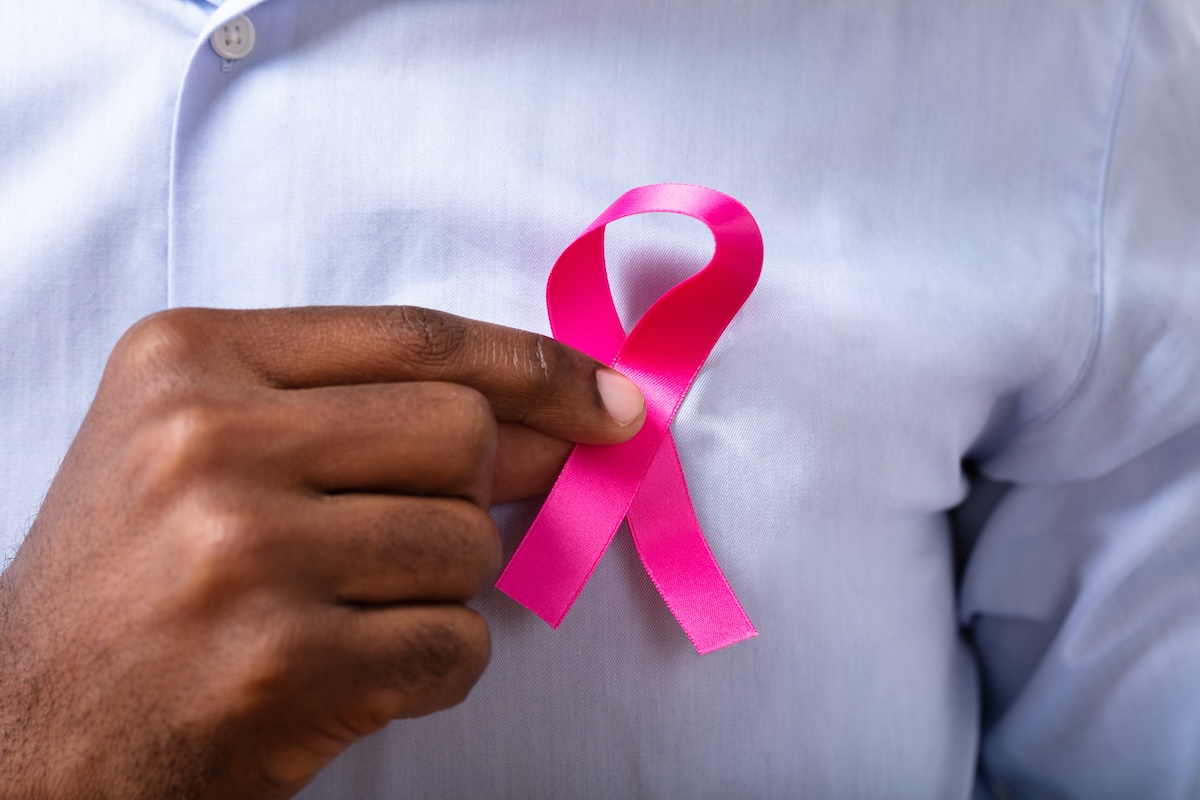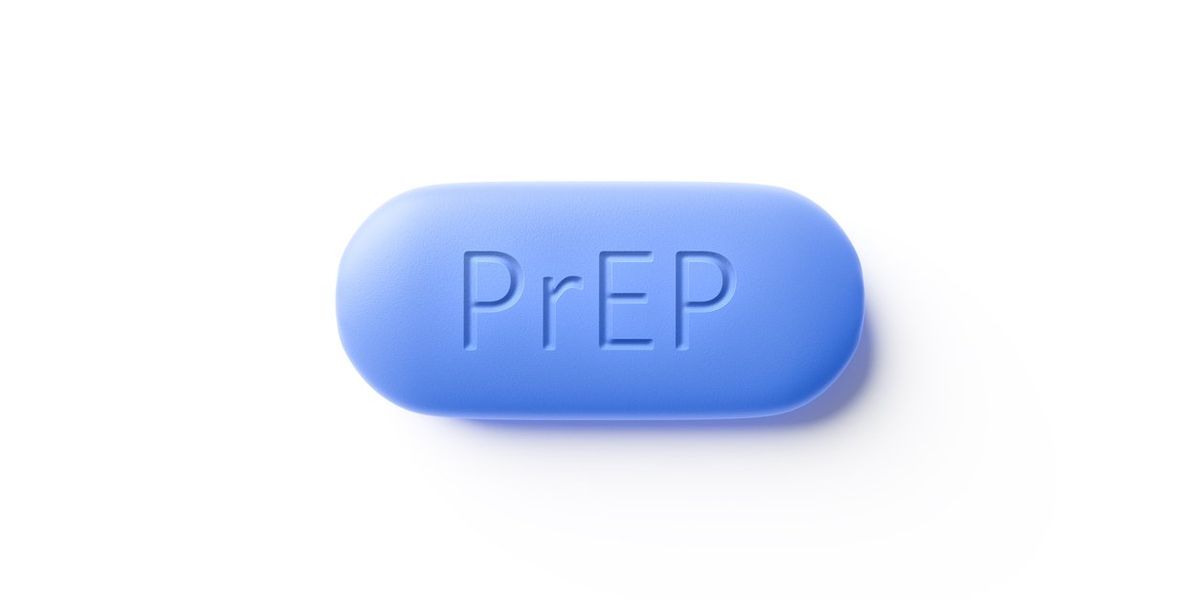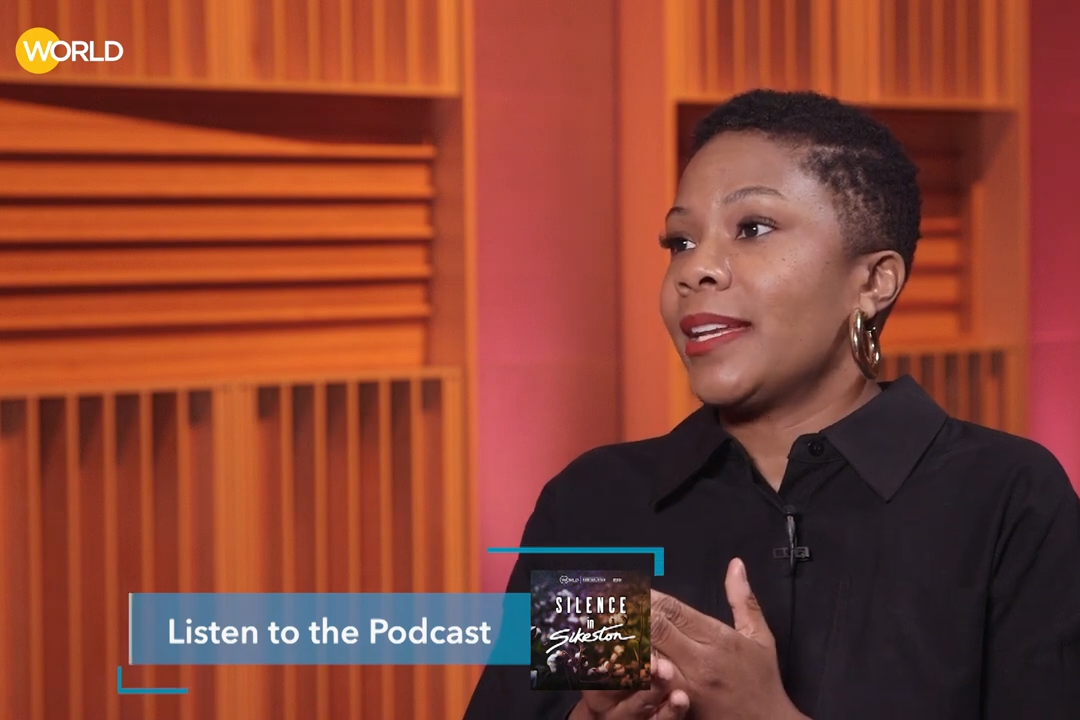Sexual education efforts targeted at Black men rarely offer advice beyond the same three words: “wear a condom.” Courtney Brame received an education after he got a positive herpes diagnosis. But there was little Black representation in the faces he turned to for answers. So, Brame founded the non-profit Something Positive For Positive People (SPFPP) so that other Black men could learn more about herpes and how to behave responsibly with them from someone who looks like them.
“There was nobody, no Black men, who were open about having herpes when I was diagnosed. I still don’t know any Black men who are open about it,” Brame told Black Health Matters.
Black men have little in common with the slender brunettes in gauzy gowns who are doing TikTok trends to spread awareness and combat information online.
While important, their work explaining the virus types and how it is contracted and spread does not speak to everyone. Brame noted the cultural nuances that separate advocates from the audiences that could use their insight.
“That 28-year-old 26-year-old White woman who might advocate for herpes awareness will never have the same experiences that I, a 36-year-old Black man, have,” he said.
He explained that Black men routinely connect with him one-on-one regarding their status but are less likely to participate in educational programming or get tested routinely.
Brame regretted hearing that they were comfortable with their partner’s test results being a bellwether of their personal health. “I know that if she ain’t got nothing, I ain’t got nothing,” he was told. I think that kind of contributes to or explains why many men typically don’t go to the doctor.”
Several panelists at this year’s Black Health Matters Summit pointed out that the attendance was heavily comprised of Black women and urged them to pass on the vital information provided about diabetes, kidney disease, mental health, and more to the men in their lives.
According to a 2022 review published in Women’s & Gender-Related Health, “Sexually transmitted infections (STIs) significantly and disproportionately affect Black women in the United States” and “Black women were more likely to report having an STI over the course of their lifetime (49.6%) compared to White women (27.6%).
A 2023 study published in the Journal of Global Social Welfare, “The long-established negative stereotypes (e.g., insatiable sexual desires, sexual promiscuity, lack of morality) associated with Black/African Americans regarding their race and sexuality, both in research studies and in the real world, have led to unresolved repercussions of poor sexual and physical health outcomes.”
“Black women that I’m talking to about herpes are getting it from Black men who don’t know, they have it, or have it and just aren’t telling people, or they were also misinformed by their health care. Professional and being told you need to just wear a condom, you don’t have to tell anybody, or if you don’t have symptoms, you’re good, you ain’t got to worry,” said Bram.
The condom-centric method of education does not serve them. “All of the messaging, especially for heterosexual men, heterosexual Black men, is wear a condom, and people don’t know this, but condoms don’t cover the entire surface area of where you might expose someone or be exposed to herpes because the virus spreads by skin to skin contact, which may not always be on the external genitals, that could be in the pelvic region,” said Brame. “It could be on a testicle. It could be on the anus.”
Brame highlighted the other shortcomings in the sexual wellness space for Black men who reflect his lived experience. He expressed what he wanted to see available to them. “I think we’ve got to learn how to communicate about sexual health,” he said. “It needs to be about boundaries. It needs to be about consent. It needs to be about being able to give or receive a rejection.”
Sexually transmitted infections need to be learned about by everyone on the planet, but some people need to be met where they are.
Brame stated his belief that public health education efforts do not routinely target heterosexual Black men. “I think that a lot of the information like that is just psychologically inaccessible, especially to Black men, straight Black men,” he said. He identified visual symbols that could render certain offerings “psychologically inaccessible” to some people.
According to Brame, a color palette or acronym could prevent a Black man from accessing the resources he needs.
“A cisgender, heterosexual, Black man who sees that thinks, ‘oh, that’s not for me because it’s a rainbow flag on there and I’m not LGBT or they see the HIV services on the door of the place and maybe don’t want to be seen going in and out of there because of a fear of what other people who might see us go in there might think,” he said.
Sexual health can intersect with mental health for many. “People have suicide ideation after their diagnosis and because of their diagnosis,” said Brame.
Those diagnosed with heroes are often used as punchlines by society. Herpes and other STIs are rife with stigma. “Usher was crucified for an allegation,” recalled Brame. Usher was ridiculed when allegations that he contracted herpes went viral. The lawsuit that brought the allegations to the public eye has since been dismissed. The R&B star’s ordeal is an illustration of the stigma associated with herpes.
A study from the Journal of Psychoneuroendocrinology found that “HSV-1 was associated with suicidal behavior.”
“People who want to kill themselves because of the kind of jokes that people make and the harm that’s done in that,” said Brame.
He hopes his commitment to transparency and moving the conversation away from traditional settings will set a new standard for engaging with sexual education through an inclusive lens. “I hope that my presence invites more involvement from Black men to get involved in these cases,” he continued.
“I try not to make everything exclusively about herpes. I’ve been holding events lately where we teach people how to identify their pleasure and safety needs and then go on to communicate that to their partner, and we make the conversation fun. We make it playful. We make it sexy.”


















 English (US) ·
English (US) ·